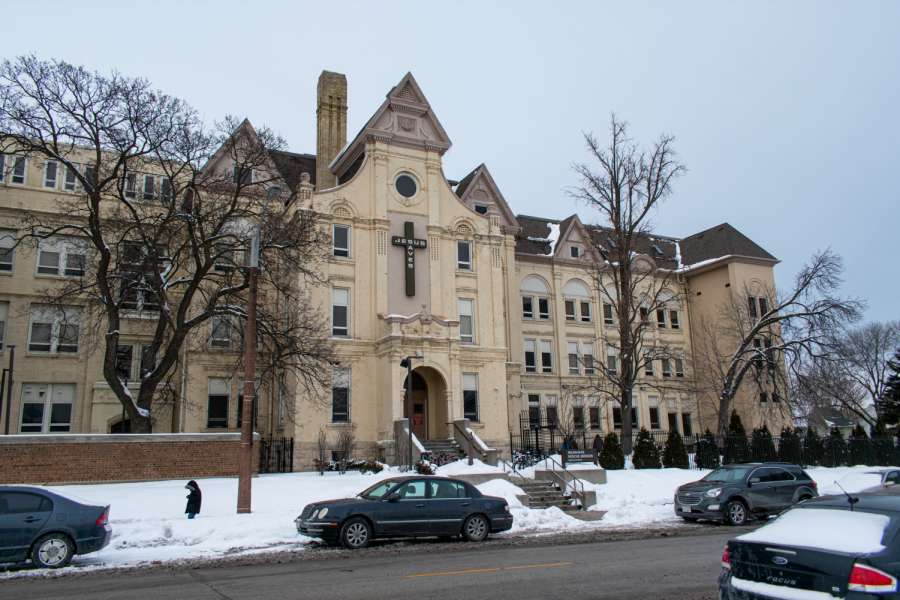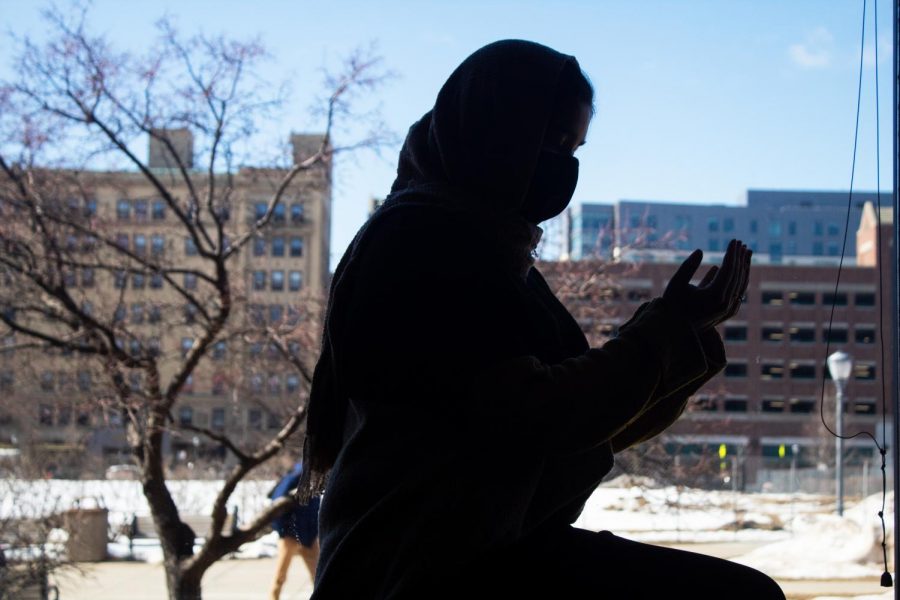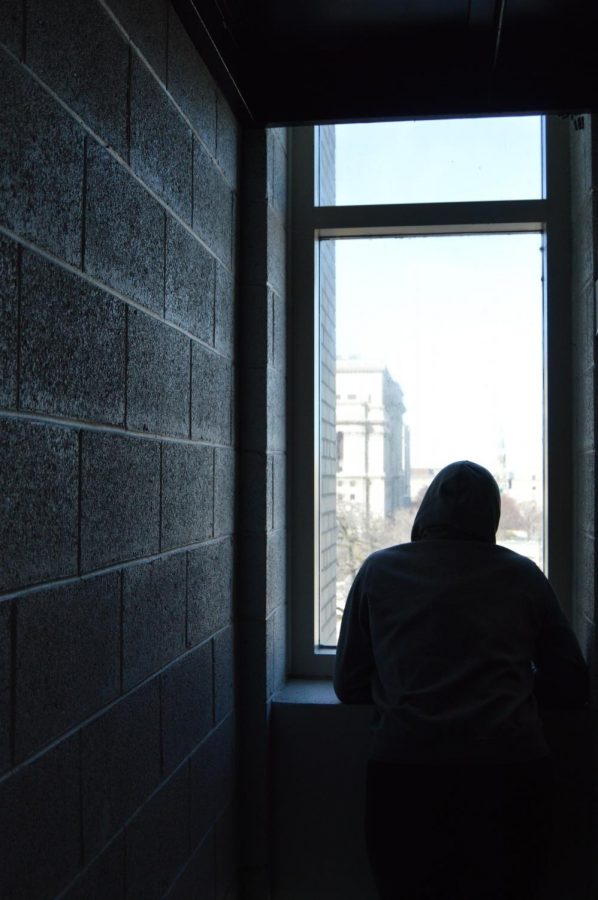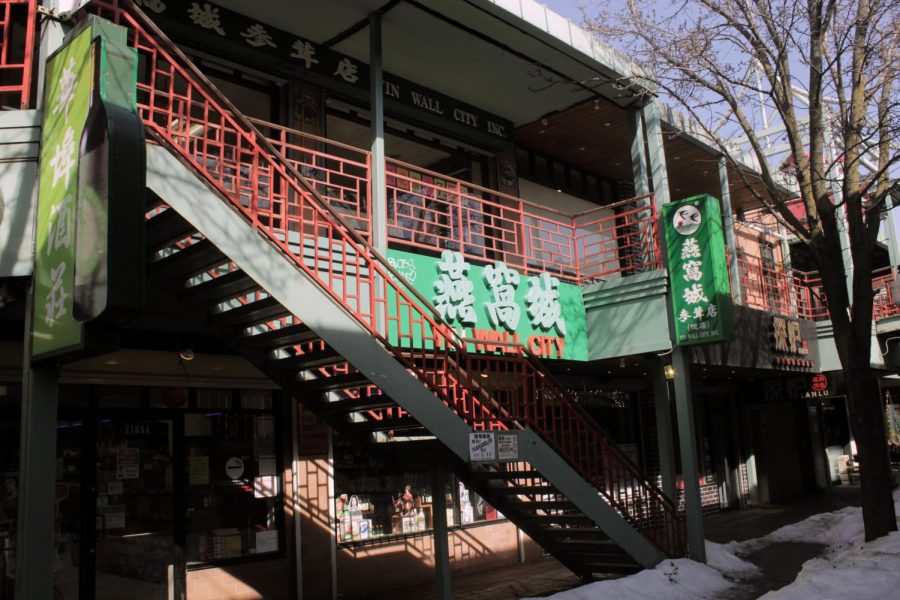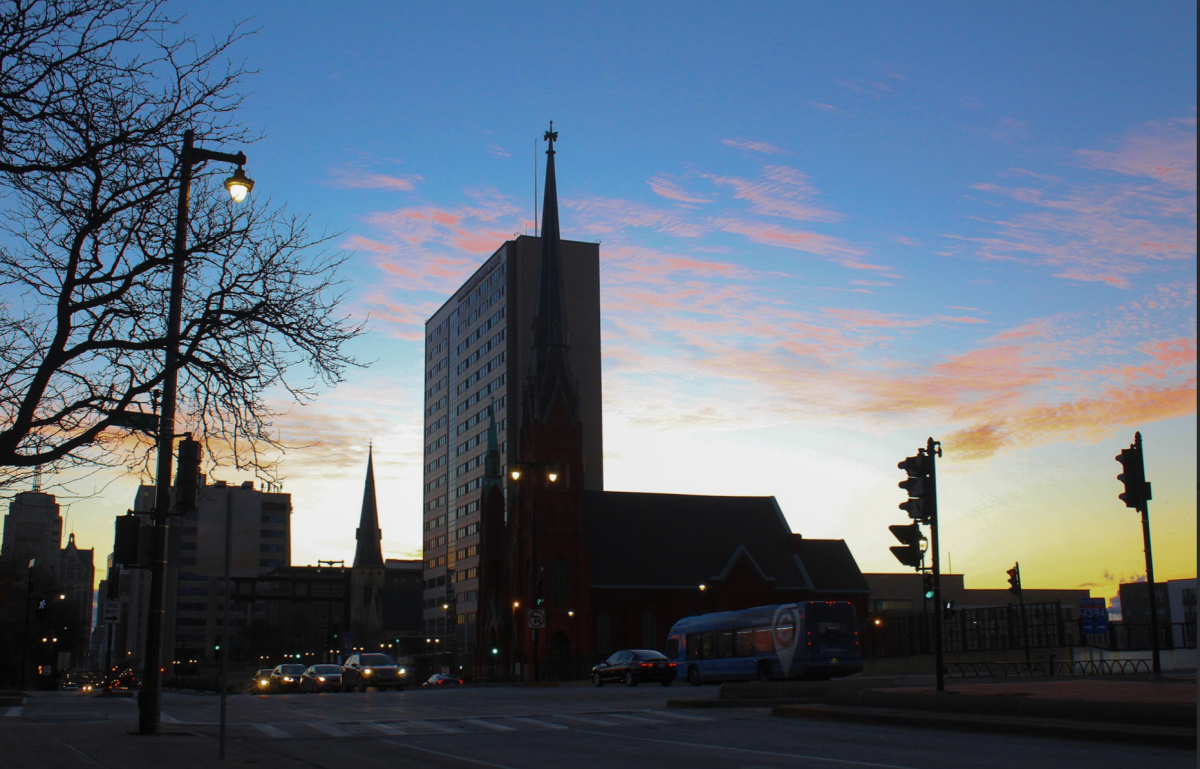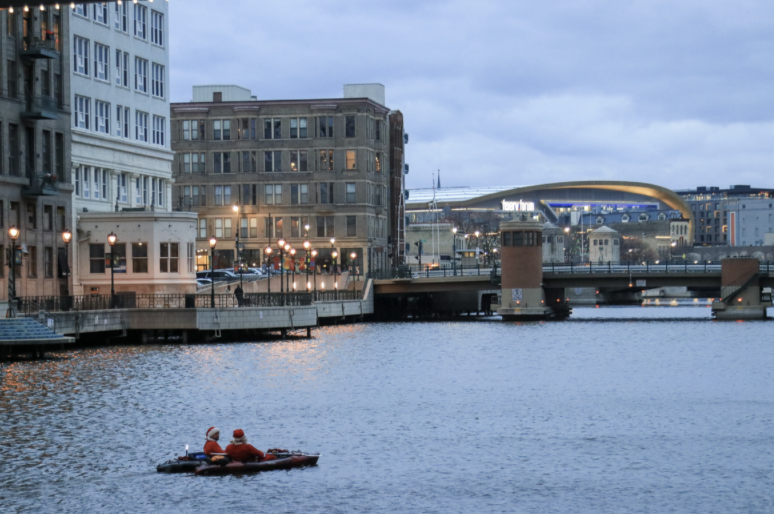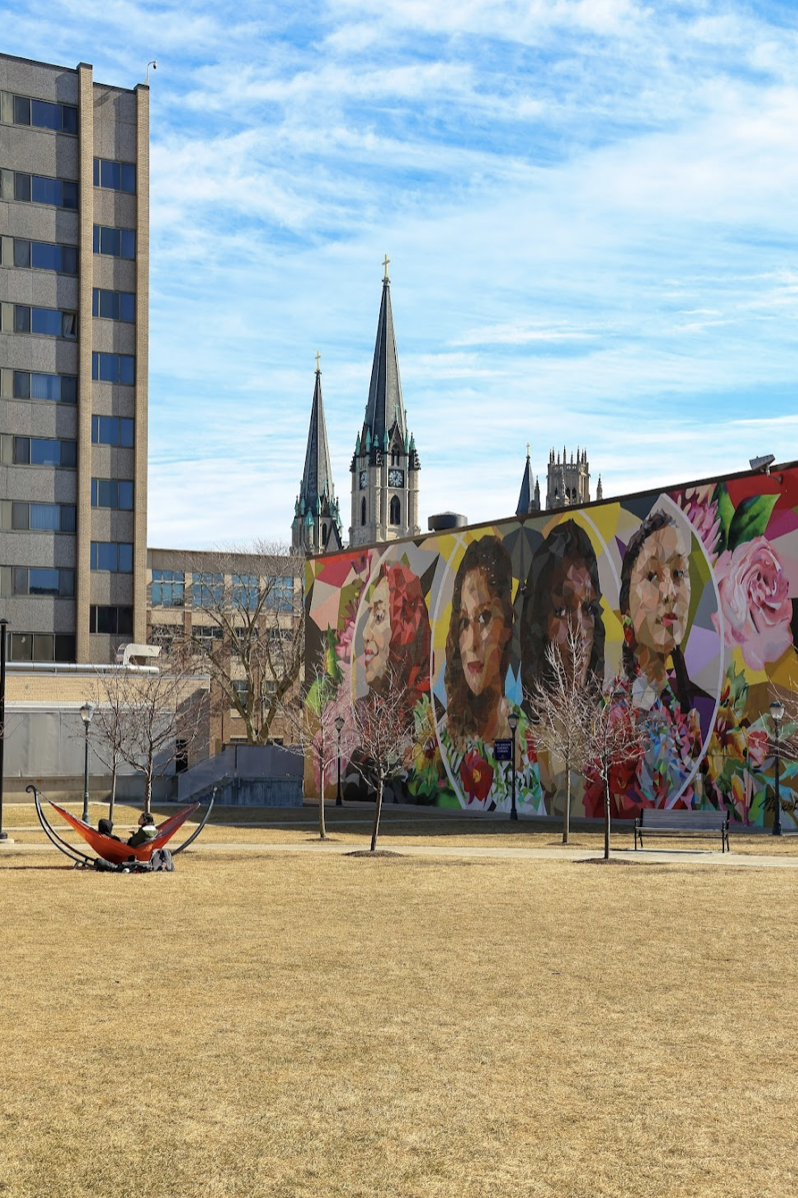Right now, the world is pervaded with uncertainty and suffering. COVID-19 has killed millions, many have lost their jobs, lost access to education and faced food insecurity. However, engaging in your own community may help mend these problems as a collective whole.
While the world has always been filled with vast inequality and poor conditions, the COVID-19 pandemic magnified these issues.
Globally, the COVID-19 pandemic pushed an additional 88 to 115 million people into extreme poverty. Extreme poverty is classified as living under a $1.90 a day. In the United States, the poverty rate was at a high of 16% in October.
Children are experiencing higher rates of poverty more than any other age, as it is harder for parents of children to go back to work due to childcare costs. The child poverty rate reached a high of 21.4% in August.
It may feel out of our control to truly do anything about it, and in some ways, that is true. You cannot individually end the pandemic, nor can you stop the vast inequality in the world. It is important to make clear that though individual actions of serving your community may help, they will never be substitutes for larger forms of change.
Rather, real systemic change needs to be enacted by governments, to redistribute wealth as evenly as possible – and in my opinion – to create a socially owned democracy and a robust welfare state. With that being said, private charity never hurts, especially in a capitalist society that often makes it a necessity.
Milwaukee, which experiences some of the highest poverty rates in the state of Wisconsin, has extreme poverty affecting 43 out of 422 neighborhoods in Milwaukee and Waukesha. Residents are left without housing after the spur of evictions taking place. Though states had barred landlords from pursuing eviction during the pandemic, Wisconsin was one of the first states to lift the halt on evictions in May, causing a surge of 1,370 evictions in July.
The poverty rates in Milwaukee are directly connected to systemic racism in the city, with the Black median income steadily decreasing by 30% since 1979. Black residents have a poverty rate almost five times the rate of white residents.
It is beneficial to support organizations directly around you that perform charity work. There are a number of Milwaukee-area shelters that help house residents in need.
The Milwaukee Rescue Mission on 19th Street has helped service the homeless population since 1893. Ways to help support them include volunteering, giving monetary donations or donating needed items.
Another organization is the Milwaukee Women’s Center, located on 728 N. James Lovell St. The center is meant to provide services for women, men and children who are facing violence, addiction, mental health issues and poverty. They can also be supported through monetary donation, contributing items on the wish list and through volunteering.
The Sister MacCanon Brown Sanctuary, which helps service those in need of emergency housing, on 2461 W. Center St., also has a list of basic needs, such as clothing, hygiene and household items.
It is easy to acknowledge that there is a great deal of injustice in the world. Wider concepts of global inequality can be addressed in local communities by offering support where it is needed. While charity is never a replacement for change on the political level, it is a start, and helping organizations dedicated to service may aid in easing the hurt and insecurity of those made vulnerable during difficult times.
This story was written by Lucia Ruffolo. She can be reached at lucia.ruffolo@marquette.edu

